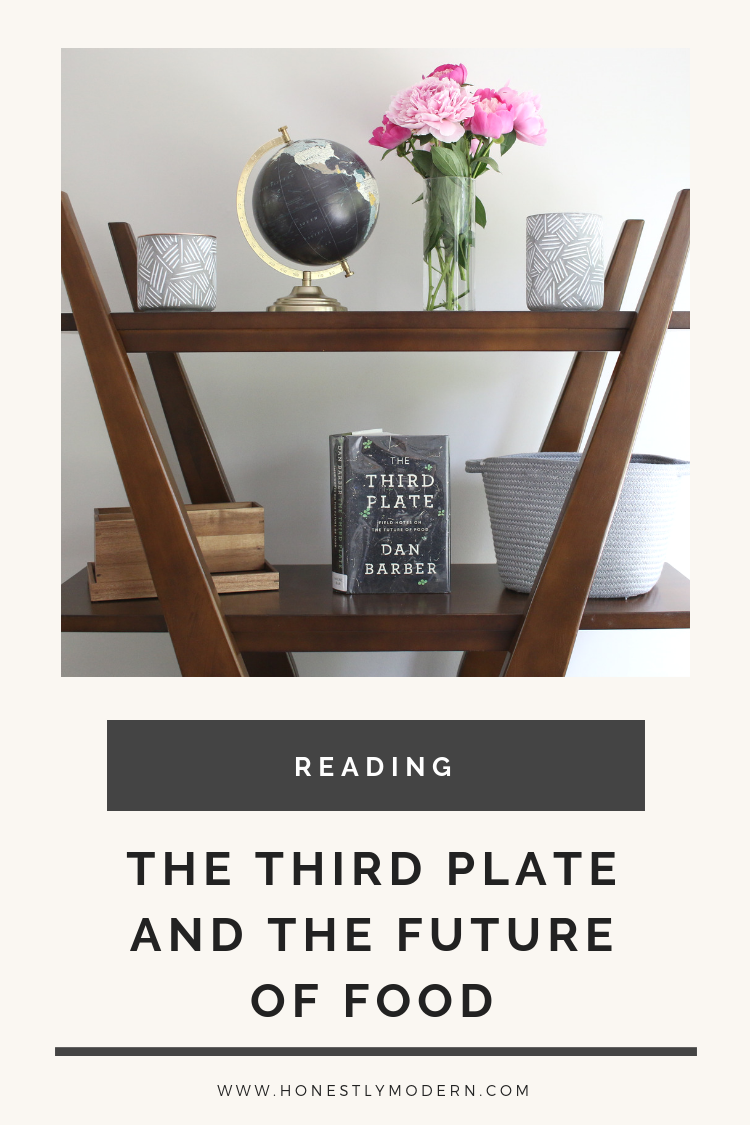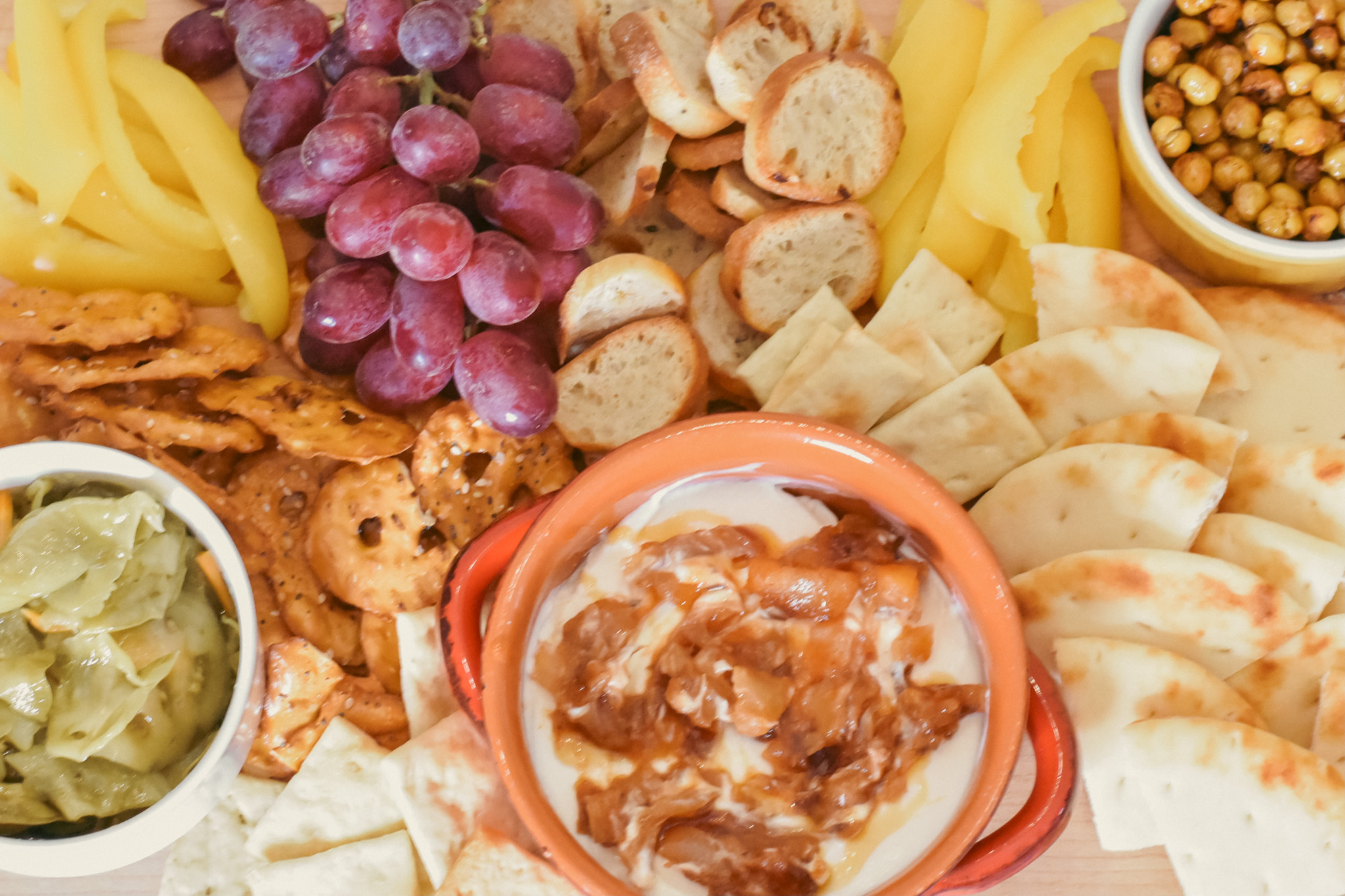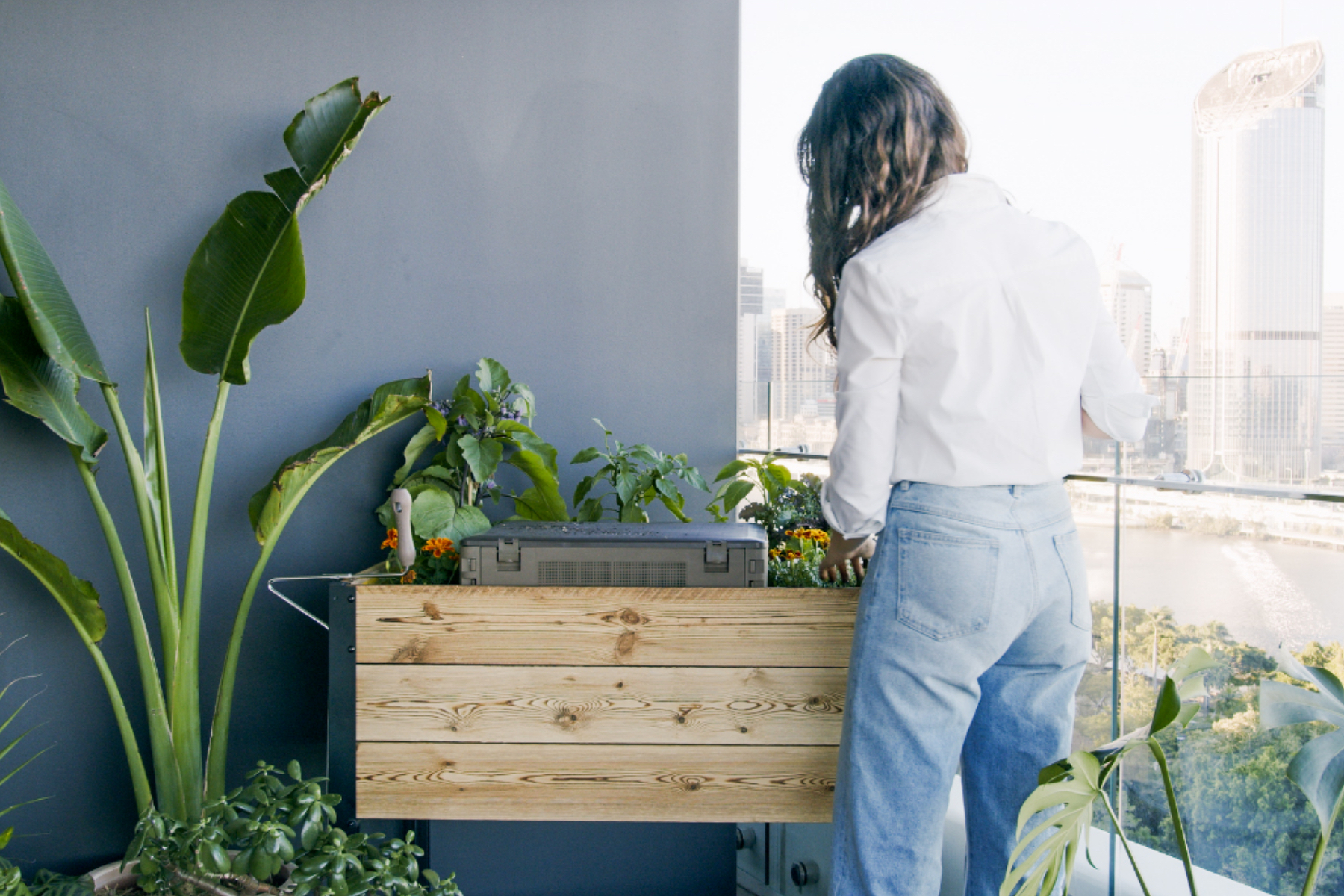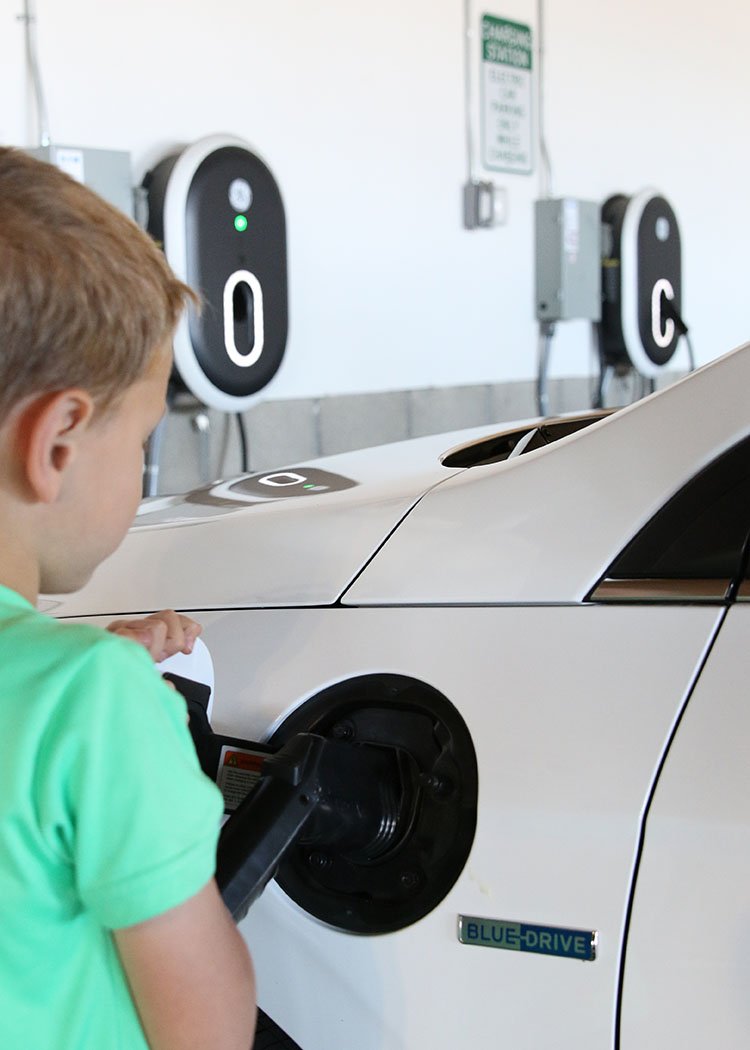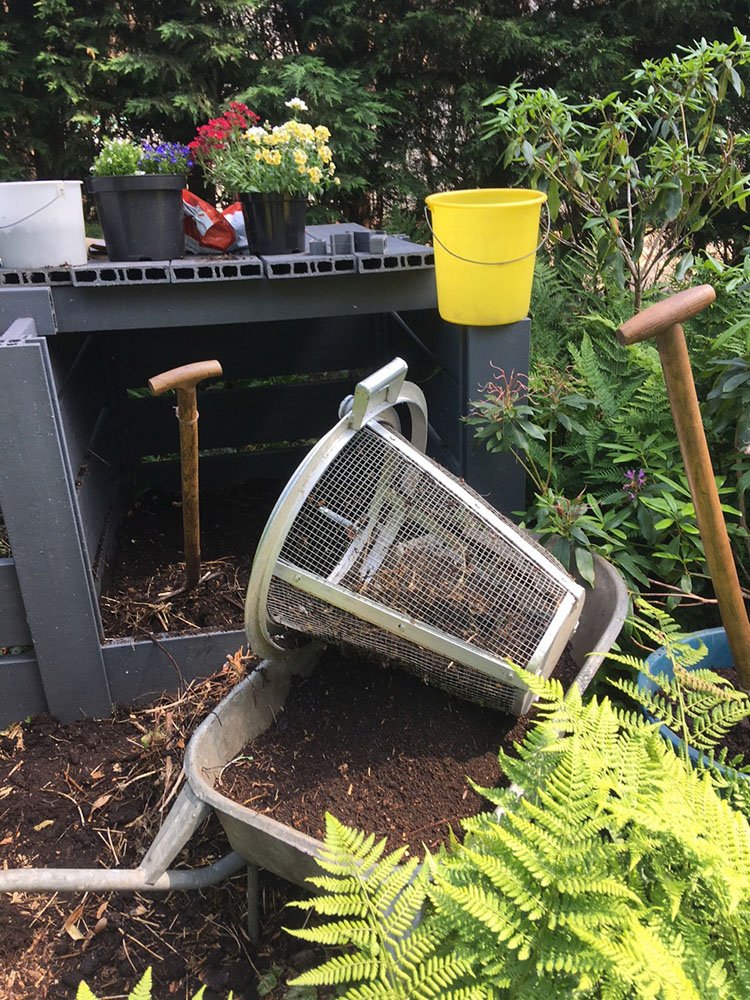The Third Plate and The Future of Food
How diverse is your diet? How sustainable are your eating habits? In his book Third Plate: Field Notes On The Future of Food, Dan Barber describes in detail the role he expects diversity will play in the future of our food and why it’s important. Read on for more on the book and it’s message.
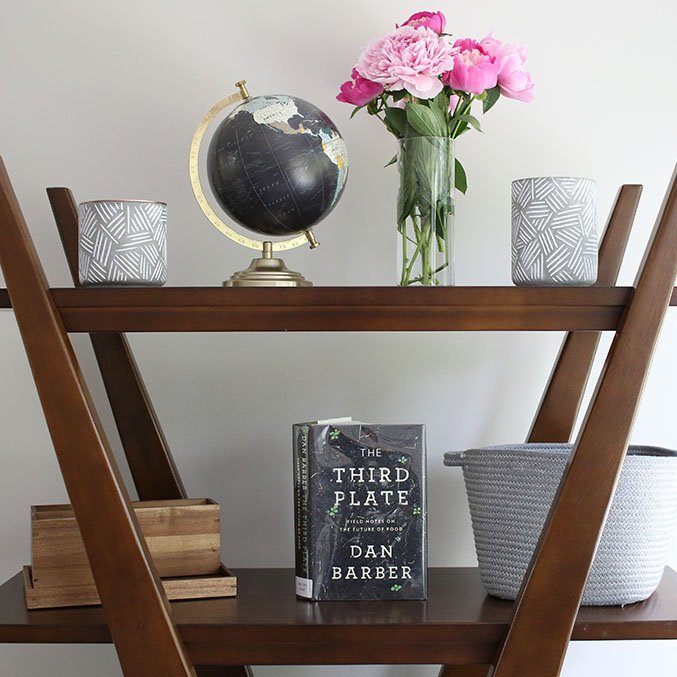
As we prepare for the biggest eating day of the year in the United States, have you ever wondered what our food will look like in 30, 50, or 100 years? Dan Barber, renowned New York chef and food journalist, shared in his book Third Plate: Field Notes On The Future of Food, what our food could and should look like if we want a more sustainable food future that is kinder to our environment.
His book includes some really valuable considerations with respect to how we think about, produce and consume our food. Although I felt the book was a big slow, he draws two big conclusions. First, we eat too much meat. Second, our diets do not incorporate enough diversity.
He draws his conclusions through his experience traveling to different places around the world that have successfully found ways to produce and prepare food in ways he believes are much more sustainable. If you’re interested in the stories behind the food, I definitely encourage you to read the book. If you’re not an avid foodie or intrigued by the people behind the products, this might not be the book for you.
I do, think, however, that he makes some poignant points about how we eat on which we should all reflect. Several months after reading the book, these ideas continue to resonate with me when I grocery shop and prepare weekly meal plans.
More Diversity in Food and Farming
Barber is an avid environmentalist and has strong opinions about the future of our food. It’s worth noting that there are experts in the food industry who may not agree with his dark outlook on food production and our eating habits. I think, however, that his points are worth consideration. We could all benefit from eating more efficiently and including more diversity in our diets, even if our food cycle isn’t facing an apocalypse anytime soon.
Protect Our Soil
We grow much of our food in massive, homogeneous fields or monocultures. Instead of farming in diverse fields, we see miles and miles of a single crop on most of our industrial farms, and the monocultures are destroying our soil. A single crop depletes the soil of specific nutrients it needs and reduces its quality, which in turn diminishes water supply, increases soil erosion, and requires farmers to use more fertilizers. Healthy soil is the backbone for growing durable, nutritious and pest-resistant crops as well as producing flavorful food.
We are currently in a vicious cycle of increasing use of fertilizers and special seeds that ultimately depletes the quality of and diversity within the soil. Poor quality soil requires more fertilizers and special seeds, and so it continues. Eventually, we will ruin enough of our soil entirely.
Eat Less Meat
Production of red meat requires far more resources to feed the same number of people as vegetarian diets, at least in most parts of the world. Run off from excess manure pollutes water supplies and causes a handful of issues downstream. While not everyone will transition to vegetarian or vegan diets, he suggests we make concerted efforts to reduce the amount of red meat consumed overall.
He does not, however, advocate for everyone to eliminate meat from their diets. Like his praise for diversity in our diets, he also supports diversity in farming. He highlights the benefits to the soil and environment of raising animals and growing plants together. While monoculture farming destroys soil, natural activities of free-roaming animals on diverse farmland benefit the soil.
Eat More Parts of the Animals and Plants We Raise and Grow
Have you ever stopped to think about how much of a particular plant or animal we consume? Currently, we eat too much of the best quality cuts but aren’t finding creative ways to eat the rest of the animal. Sometimes, the lesser cuts are used in animal feed and such, but that doesn’t yield high enough profits for farmers to be sustainable.
Consequently, farmers must raise more cattle and chickens, for example, to feed the same number of people when we only eat certain parts of the animal. We could cut down on the amount of livestock raised if we found ways to eat more of the whole product.
With respect to plants, we face similar (though not as dire) scenarios. For example, most of us toss carrot greens, if we even see them. They’re often removed before landing on grocery store shelves. Carrot greens are perfectly healthy and viable sources of nutrients. Why don’t we eat these?
Additionally, we need to eat cover crops. Cover crops grow between seasons of the main “higher order” produce crops, and they help replenish the soil. Currently, many of these crops are grown for soil health and then tilled back into the soil or wasted. With a growing population and diminishing soil quality on which to grow our food, we need to be more resourceful about using what we do grow and raise to its fullest extent.
Barber believes the future of food will use more parts of every product we consume. We need to think about food from nose to tail or bone to blood. More importantly, if we want more farmers to farm sustainably, we need to encourage them to do so by making it profitable.
Chefs need to cook in a way that demands better and more complete use of ingredients. Consumers need to experiment and become comfortable eating a wider variety of foods. With a little ingenuity, restaurant chefs and home cooks can save money using food parts that are currently in lower demand and help reduce food waste.
Be Mindful of the Food We Eat
During this holiday season, many of us will sit down with family and friends to share meals together. For most of us, we are fortunate enough to have food in abundance. When you prepare meals, consider how to use up every last bit of each item. Use produce bits and the turkey carcass to make broth. Eat all the leftovers. If you’re feeling ambitious, consider more vegetarian dishes. Kathryn from Going Zero Waste showcased two great vegetarian main dishes that are perfect for Thanksgiving.
Whether or not you read the book, Barber believes we all benefit from more diversity landing on our plates. Diversity in farming protects soil quality and water supply. Diversity of eating habits reduces food waste and increases profitability for farmers. Only time will tell if our plates start looking more like the meal Barber hopes to see in the near future.

